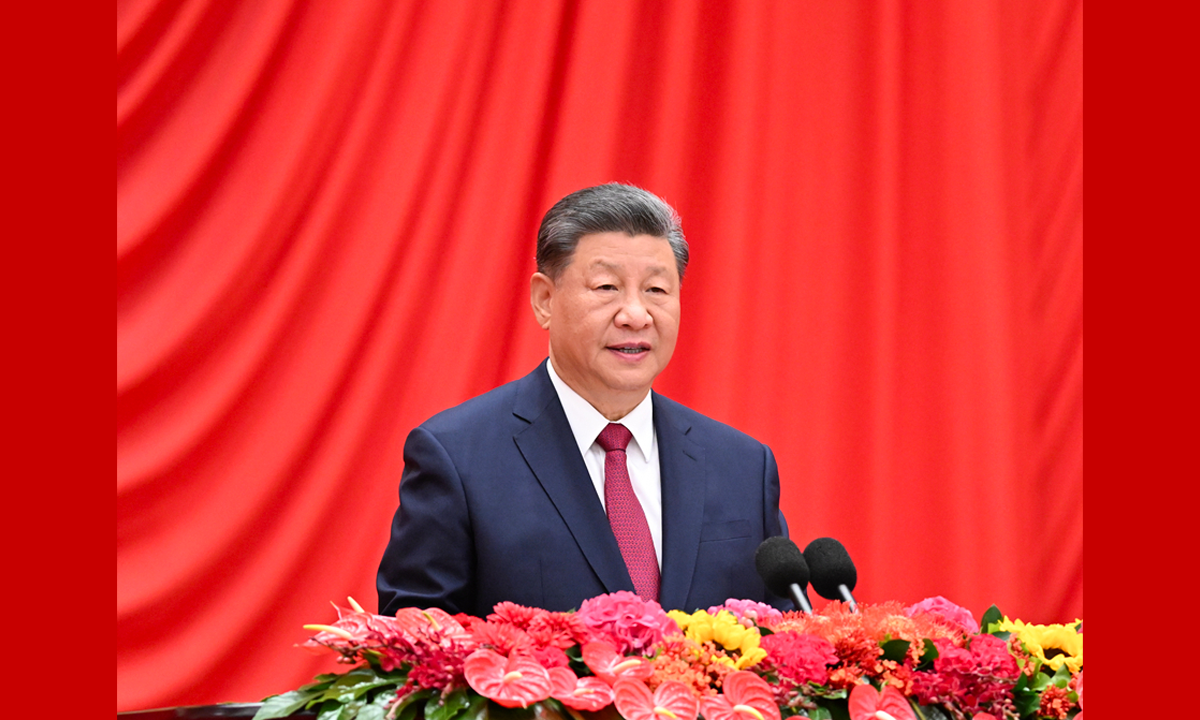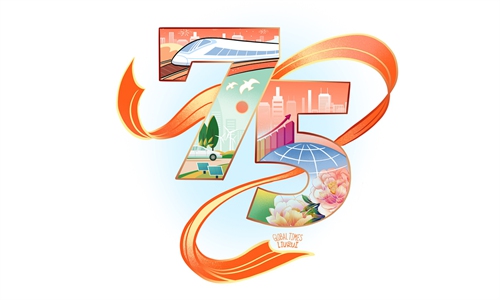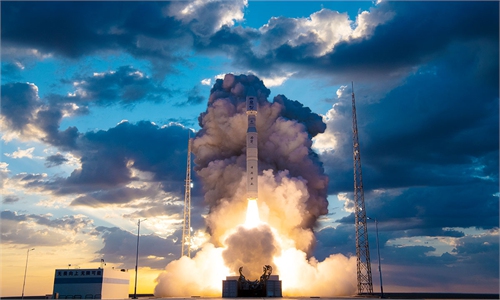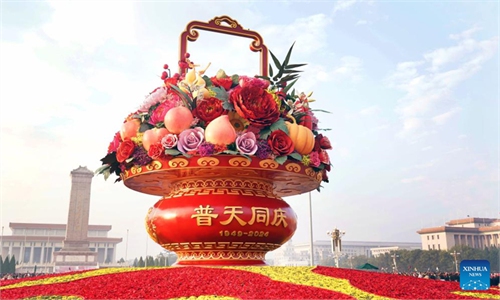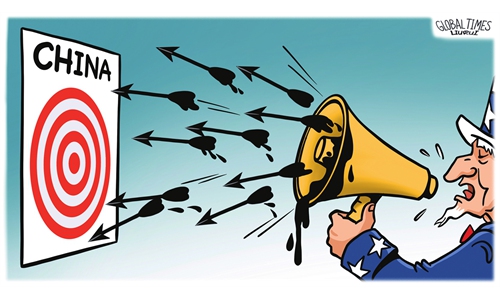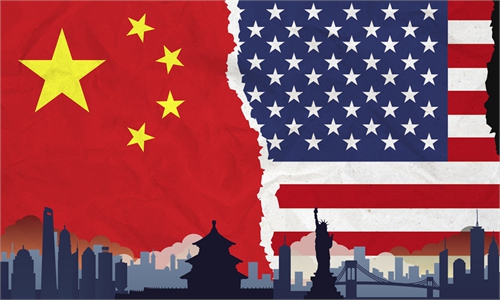Exterior view of Global Ikhwan Services and Business Holdings (GISBH) headquarters in Rawang on Sept 12, 2024. - (Photo by FAZRY ISMAIL / EPA)Global Ikhwan Service and Business Holdings (GISB), a company embroiled in controversy recently over the exploitation of children in 20 charity homes, was originally founded by the banned Al-Arqam leader, Ashaari Muhammad, under the name Global Ikhwan Sdn Bhd.
According to GISBH Holdings' 2024 corporate video on the company’s website, after Ashaari’s death in 2010, GISBH was led by two former executive chairpersons, Hatijah Aam who was Ashaari's wife and Datuk Mohd Rasidi Abdullah.
Currently, GISBH is headed by Datuk Nasiruddin Mohd Ali, who served as both executive chairman and chief executive officer.
Based on the website, the company was established to promote an Islamic way of life in all aspects, including education, arts, culture and agriculture.
At present, GISBH operates 415 business networks in 20 countries, including Britain, the UAE and France.
GISBH employed 5,346 people across 25 of its subsidiaries, with key assets such as restaurants in London, Paris, Istanbul, Dubai and Makkah; accommodations in Turkey; a hotel in Sarajevo; and a 48-hectare farm in Perth, Australia.
"There are 1,656 families within GISBH and its business network, 425 of which are polygamous families," according to the corporate video.
- SinarDsily.
Global Ikhwan Service and Business Holdings (GISB), a company embroiled in controversy recently over the exploitation of children in 20 charity homes, was originally founded by the banned Al-Arqam leader, Ashaari Muhammad, under the name Global Ikhwan Sdn Bhd.
According to GISBH Holdings' 2024 corporate video on the company’s website, after Ashaari’s death in 2010, GISBH was led by two former executive chairpersons, Hatijah Aam who was Ashaari's wife and Datuk Mohd Rasidi Abdullah.
Currently, GISBH is headed by Datuk Nasiruddin Mohd Ali, who served as both executive chairman and chief executive officer.
Based on the website, the company was established to promote an Islamic way of life in all aspects, including education, arts, culture and agriculture.
At present, GISBH operates 415 business networks in 20 countries, including Britain, the UAE and France.
GISBH employed 5,346 people across 25 of its subsidiaries, with key assets such as restaurants in London, Paris, Istanbul, Dubai and Makkah; accommodations in Turkey; a hotel in Sarajevo; and a 48-hectare farm in Perth, Australia.
"There are 1,656 families within GISBH and its business network, 425 of which are polygamous families," according to the corporate video.
- SinarDsily.
WE should all be shocked, angry and, yes, absolutely disgusted, which was how Federal Police Criminal Investigation Department director Datuk Seri Mohd Shuhaily Mohd Zain felt regarding the investigation into Global Ikhwan Service and Business Holding (GISB).
“All I can say is... In this case, I am disgusted by the findings (of the investigation),” he told the press. This was in the early days following the police’s Sept 11 raid of 20 GISB-RUN charity houses in Selangor and Negri Sembilan. A total of 402 children aged between one and 17 years were rescued, and 171 individuals were arrested.
While Shuhaily declined to explain his feelings of disgust, the nation soon knew the reason: Many of the children in those homes were subjected to horrific treatment and exploitation.
By Monday, the number had risen to 572 children rescued from GISB care homes, said Home Minister Datuk Seri Saifuddin Nasution Ismail, who added that the authorities had opened 80 investigation papers against the company and 359 individuals associated with the company had been detained in connection with the ongoing investigation.
This is unfortunately shaping up to be Malaysia’s worst child abuse scandal. But possibly, the most shocking revelation is that the children are not orphans but third or fourth-generation offspring of GISB members, who are estimated to number about 10,000.
Inspector-general of Police (IGP) Tan Sri Razarudin Husain disclosed that the children were separated from their parents from as young as two years old and spent their formative years entirely in these homes.
The public also got to know that GISB goes back to the outlawed organisation Al-arqam. Older Malaysians will recall how Ashaari Muhammad, the founder, was arrested and Al-arqam banned in 1994 for deviant teachings. But the movement did not die out, with the remnant followers keeping Ashaari’s ideology and business activities alive by setting up Rufaqa Corporation.
When the government went after Rufaqa for trying to revive Al-arqam, it morphed into GISB, which was established by Khadijah Aam, Ashaari’s widow, before his death in 2010.
According to reports, GISB positions itself as a bumiputra-muslim-run business with assets worth Rm325mil and an annual revenue of Rm187mil, and numerous supermarkets, bakeries, pharmacies, factories and restaurants in Malaysia and 20 other countries.
The Malaysian Reserve reported that it even has accommodations in Turkiye, a hotel in Sarajevo, Bosnia-herzegovina, and a 120acre estate in Perth, Australia. It has more than 5,300 employees under its 25 subsidiaries.
Just how this group could flourish under the guise of another name in the last 15 years or so is simply mind-boggling. Understandably, people and civil groups like G25 are asking why action was only taken now when Razarudin said police had been investigating 41 police reports over the allegations since 2011. Not only that, the Malaysian Islamic Development Department (Jakim) was also aware of the issues surrounding GISB since 2019.
By way of explareligion,nation, the IGP said it could only make the arrests after receiving “credible evidence” while Jakim director-general Datin Hakimah Mohd Yusoff claimed action was taken against the company since February 2019 in the form of 12 meetings, workshops, special task forces and collaborations with national security agencies such as the National Security Council, Home Ministry, and police. Go figure.
As for the credible evidence, was it supplied by the Malaysia Centre for the Study of Heresy (Pukas) when it revealed GISB’S alleged deviant activities on its Facebook page?
Whenever illegal and immoral activities are done behind a veil of religiosity, the authorities will understandably want to tread carefully. But 13 years of investigation is jaw-droppingly slow.
If Jakim had pushed for real action five years ago, how many of the 572 children could have been spared the inhumane treatment and indoctrination they went through? At least one teacher has pleaded guilty to four charges of abusing three boys and was sentenced to 10 years’ jail by the Klang Sessions Court. Police said these children are
nd third or even fourth-generation offspring, which shows how long this has been going on and how tightly controlled GISB members are.
While the children have been rescued, they may face further problems with their status. According to press reports quoting Syariah Lawyers Association of Malaysia president Musa Awang, they could face the risk of being declared anak wati’ syubhah (children born from illegitimate intercourse) under syariah law if the parents cannot prove their marital status.
Weeks after the police raids on the homes, none of the parents of the rescued children had come forward to claim their children, Razarudin said, because to do so would expose their facade of presenting the charity homes as orphanages to solicit donations.
Surely it can’t get uglier than this – parents denying or abandoning their children to save their own hides. Will the authorities resort to DNA tests then to match children and parents?
What has also emerged from this scandal is the claim and counterclaim between agencies. On Sept 25, Razarudin had asserted that its investigation with the Inland Revenue Board (LHDN) under the Income Tax Act 1967 showed that the company had never paid their relevant taxes.
On Monday, however, LHDN issued a statement saying the IGP was only referring to the current assessment year, and that it had conducted more than 60 audits on GISB, its associated companies and individuals in previous assessment years, resulting in fines that had been paid by the respective taxpayers.
The Selangor Zakat Board has also come out to say the 20-plus Gisb-linked companies had never paid their business zakat (tithe). This coming from a self-styled bumiputra-muslim company is truly despicable.
Yet another revelation on Monday showed how widespread the company’s tentacles went.
According to Malaysia Competition Commission chairman Datuk Seri Mohd Hishamudin Yunus, GISB Travel & Tours Sdn Bhd is among 81 companies that might face financial penalties for allegedly participating in a price-fixing agreement for umrah travel services in Malaysia from early 2023.
While Perlis Mufti Datuk Mohd Asri Zainul Abidin – who, in early September, urged the authorities to investigate GISB – has issued a fatwa declaring the group’s beliefs and teachings to be deviant and a continuation of Al-arqam, other states have yet to do so.
Declaring fatwas against them, shutting down their businesses, freezing their bank accounts, and arresting and charging the perpetrators are all well and good. But all this still pales in comparison to what they have done to hundreds of vulnerable, innocent children for decades.
One might say it has nothing to do with religion, or rather that the religion was misused. But this country needs to do more against those who will use religion to mislead many for their evil and self-serving ends.
What we need is a Royal Commission of Inquiry to find out exactly how and why, despite numerous reports lodged against it, a banned deviant group was allowed to keep reinventing itself into a multi-national empire and evade taxes, brainwash thousands of followers and run homes of horror for children for years.
His Majesty Sultan Ibrahim, King of Malaysia, has called for a thorough investigation into the alleged crimes and child abuse, and Prime Minister Datuk Seri Anwar Ibrahim has also spoken: No one can hide behind religion or race if found guilty of child abuse or exploitation. “Do not use race, do not use religion. If you are oppressive, break the law, or abuse and mistreat children, you are in the wrong.”



